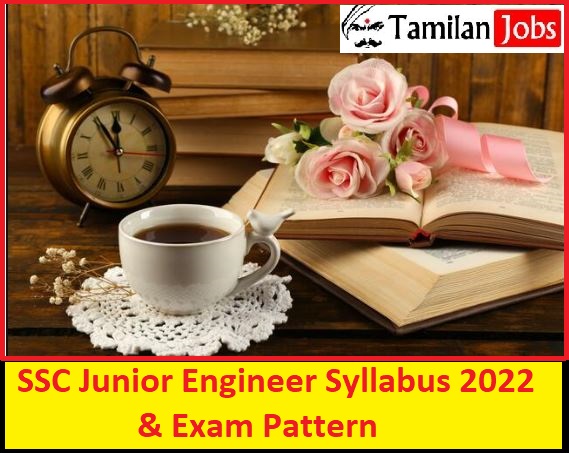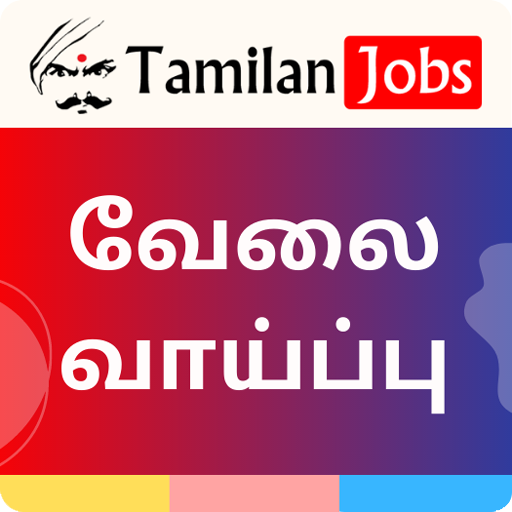| Part / Subject |
Topics |
| General Awareness |
Questions asked in this section tend to test knowledge of the candidates in current events and of such matters of everyday observations and experience in their scientific aspect as may be expected of any educated person. It also includes questions relating to India and its neighboring countries especially pertaining to History, Culture, Geography, Economic Scene, General Polity, and Scientific Research, etc |
| General Intelligence & Reasoning |
General Intelligence & Reasoning section covers both verbal and non-verbal type questions. Topics that were covered in this section are analogies, similarities, differences, space visualization, problem-solving, analysis, judgment, decision making, visual memory, discrimination, observation, relationship concepts, arithmetical reasoning, verbal and figure classification, arithmetical number series, etc topics. It also includes the questions which test the candidate’s abilities to deal with abstract ideas and symbols and their relationships, arithmetical computations, and other analytical functions. |
| Part A (Civil Engineering) |
Building Materials, Estimating, Costing and Valuation, Surveying, Soil Mechanics, Hydraulics, Irrigation Engineering, Transportation Engineering, Environmental Engineering |
| Part A (Structural Engineering) |
Theory of Structures, Concrete Technology, RCC Design, Steel Design. |
| Part B (Electrical Engineering) |
Basic concepts, Circuit law, Magnetic Circuit, AC Fundamentals, Measurement and Measuring instruments, Electrical Machines, Fractional Kilowatt Motors, and single-phase induction Motors, Synchronous Machines, Generation, Transmission and Distribution, Estimation and Costing, Utilization, and Electrical Energy, Basic Electronics |
| Part C (Mechanical Engineering) |
Theory of Machines and Machine Design, Engineering Mechanics and Strength of Materials, Properties of Pure Substances, 1st Law of Thermodynamics, 2nd Law of Thermodynamics, Air standard Cycles for IC Engines, IC Engine Performance, IC Engines Combustion, IC Engine Cooling & Lubrication, Rankine cycle of System, Boilers, Classification, Specification, Fitting & Accessories, Air Compressors & their cycles, Refrigeration cycles, Principle of Refrigeration Plant, Nozzles & Steam Turbines. Properties & Classification of Fluids, Fluid Statics, Measurement of Fluid Pressure, Fluid kinematics, Dynamics of Ideal fluids, Measurement of Flow rate, basic principles, Hydraulic Turbines, Centrifugal Pumps, Classification of steels. |


